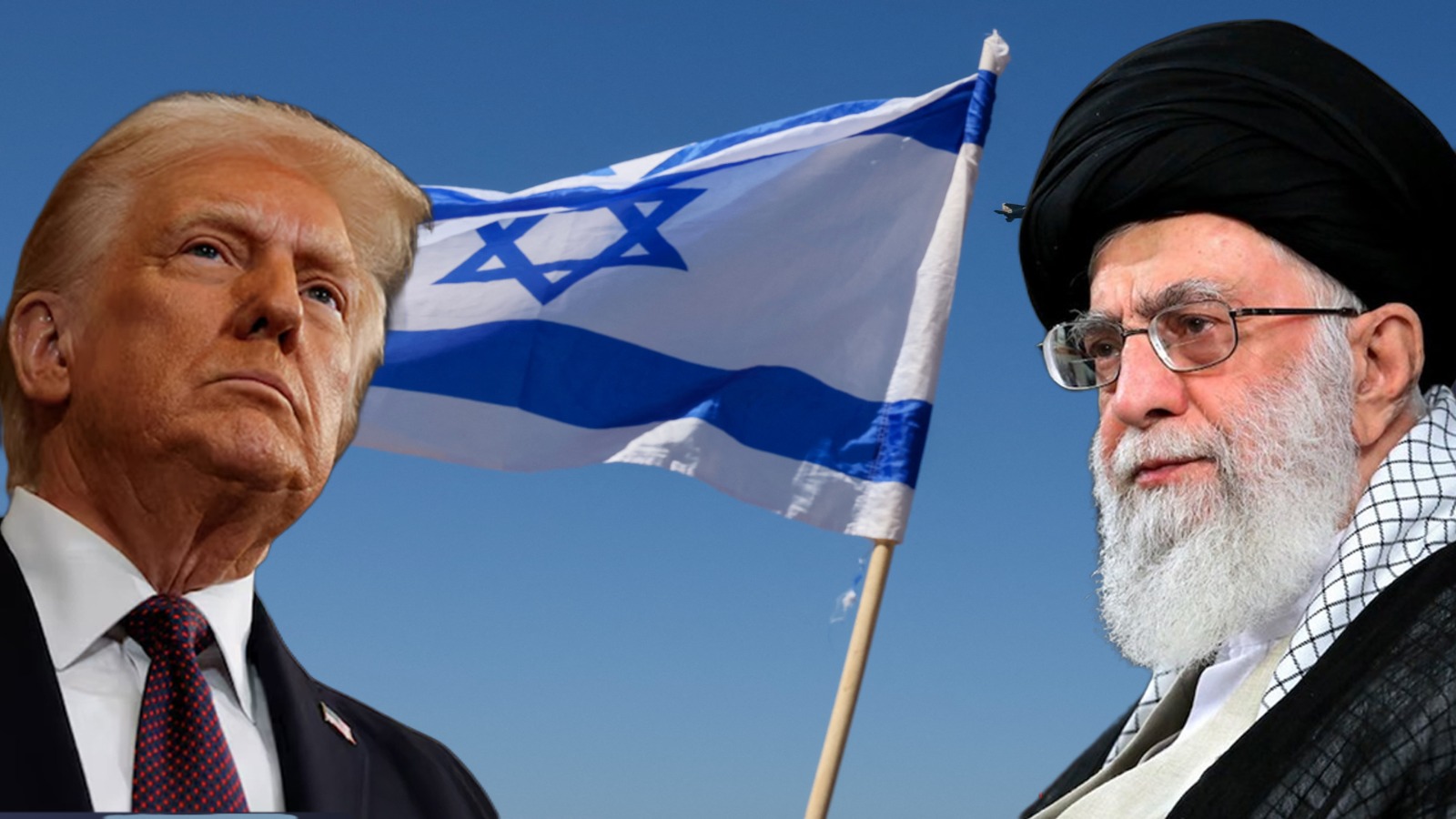A high-ranking Iranian official cautioned on Monday that conflict with Israel could resume at any time, describing the current pause following June’s 12-day clash as merely a temporary break.
“We must remain vigilant for potential conflict at any moment; we are not in a formal ceasefire but rather in a temporary suspension of hostilities,” stated First Vice President Mohammad Reza Aref.
The June conflict involved Israel launching airstrikes on Iranian nuclear facilities, military bases, and civilian areas, resulting in over 1,000 deaths, including prominent commanders and nuclear scientists.
Iran responded with missile and drone attacks, causing dozens of casualties in Israel.
The United States intervened on June 24, announcing a pause in hostilities two days after conducting strikes on Iranian nuclear sites. However, no formal ceasefire agreement was established, only an informal halt in fighting.
On Sunday, Yahya Rahim Safavi, a key military adviser to Iran’s Supreme Leader Ayatollah Ali Khamenei, told local media that Iran is “bracing for the worst possible outcomes.”
“We are not under a ceasefire; we are in a state of war that could escalate at any moment. There is no formal agreement, no protocols, no understanding with Israel or the United States,” he said in an interview with the Shargh daily.“
A cessation of attacks is not a guarantee—it could collapse at any time,” he added. Iranian officials have since emphasized that while Iran does not seek war, it is fully prepared for another potential clash.
Western powers accuse Iran of pursuing nuclear weapons through its atomic programme, a charge Tehran strongly denies.
Following the war, Israel and the United States repeatedly threatened to attack Iran again should Tehran relaunch its nuclear sites and resume its nuclear enrichment programme.
The United Nations nuclear watchdog has warned that Iran is the only non-nuclear-armed country that enriches uranium to 60 percent– far beyond the 3.67 percent cap set by a landmark international accord reached in 2015.
The level is a short step from the 90-percent enrichment required for a nuclear weapon. Last week, Britain, France, and Germany, all signatories to the 2015 deal, threatened to reimpose sanctions lifted under the agreement.
Iran has warned of serious consequences, with some officials in the country hinting at withdrawal of Tehran from the nuclear non-proliferation treaty.

Israel’s Turn To ‘Comply’
US envoy Tom Barrack on Monday called on Israel to honour commitments under a ceasefire that ended its war with Hezbollah, after the Lebanese government launched a process to disarm the militant group.
Under the November truce, which ended more than a year of hostilities, including two months of all-out war between Israel and Hezbollah, the Iran-backed group was to withdraw its fighters from near the Israeli border, and weapons were to come under the control of the Lebanese state.
Israel was to withdraw its troops from the country, but has kept them at five border points it deems strategic and has continued to strike Lebanon, threatening to do so until Hezbollah has been disarmed.
“There’s always a step-by-step approach but I think the Lebanese government has done their part. They’ve taken the first step. Now what we need is Israel to comply,” Barrack said following a meeting in Beirut with Lebanese President Joseph Aoun.
“We’re all moving in the right direction,” he said after meeting parliament speaker Nabih Berri.
Berri, a Hezbollah ally, said Israel’s commitment to the ceasefire and its troop withdrawal was “the gateway to stability in Lebanon”, a statement said.
Asked by reporters whether he expected to see Israel fully withdraw from Lebanese territory and stop its violations, Barrack said that “that’s exactly the next step” needed.
“We need participation on the part of Israel, and we need an economic plan for prosperity, restoration, and renovation,” the US diplomat added, with Lebanon weighed down by an economic crisis.
Barrack said Washington was “in the process of now discussing with Israel what their position is”, adding that “in the next few weeks you’re going to see progress on all sides.”
“It means a better life for the people… and at least the beginning of a roadway to a different kind of dialogue” in the region, he said.
The visit comes after Lebanon’s cabinet tasked the army with developing a plan to disarm Hezbollah by year end — an unprecedented step since civil war factions gave up their weapons decades ago.
The cabinet has also tackled a US proposal that includes a timetable for Hezbollah’s disarmament, with Washington pressing Lebanon to take action.
The cabinet endorsed the introduction of the US text, which lists 11 objectives, including to “ensure the sustainability” of the ceasefire, and to phase out “the armed presence of all non-state actors, including Hezbollah” across all Lebanese territory.
It also provides for demarcating Lebanon’s land borders with Israel and neighbouring Syria, and a process involving the international community to support reconstruction.
Aoun told Barrack that what was needed was for “other parties to adhere to the contents” of the joint declaration, “more support for the Lebanese army”, and expedited steps towards reconstruction, the presidency said.
Prime Minister Nawaf Salam said Washington needed to “fulfil its responsibility in pressuring Israel to halt hostilities, withdraw troops, and release Lebanese prisoners it holds.
Hezbollah, the only faction that kept its weapons after Lebanon’s 1975-1990 civil war, emerged badly weakened from last year’s war with Israel.
On Friday, Hezbollah leader Naim Qassem vowed to fight plans to disarm, saying that “the resistance will not surrender its weapons while… occupation persists”.
On Sunday, Aoun told the Saudi-owned Al Arabiya channel that authorities would do “everything possible… to spare Lebanon any internal or external shock”.
If Lebanon rejected the US plan, “then Israel will intensify its attacks, Lebanon will be economically isolated, and none of us will be able to respond to the aggression”, he said.
Barrack on Monday stressed that “dealing with Hezbollah, as we’ve always said, is a Lebanese process”.
© Agence France-Presse



